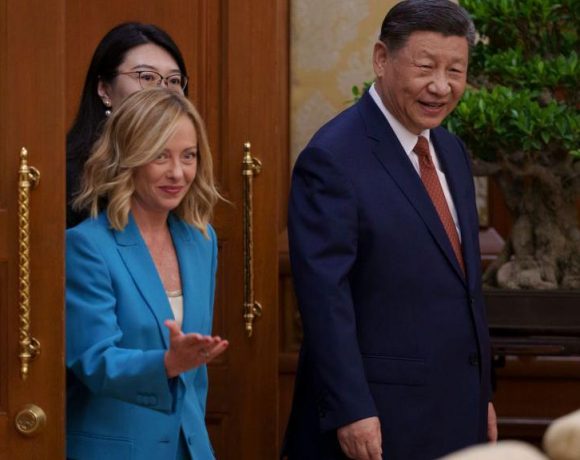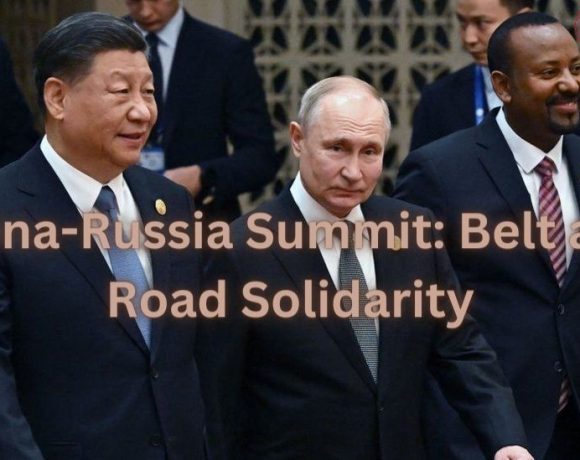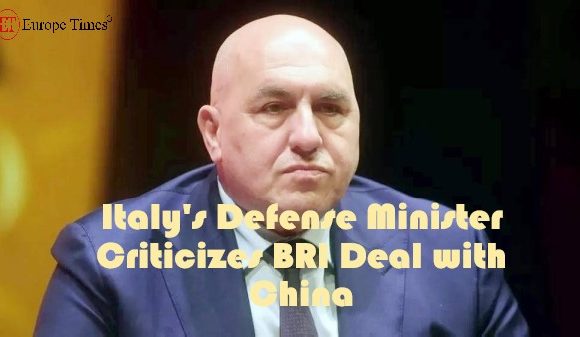
Italy’s Prime Minister Giorgia Meloni described China as an “important interlocutor” for managing global tensions during her meeting with President Xi Jinping in Beijing. Xi acknowledged the “long-established friendly” relations and emphasized “tolerance, mutual trust, and mutual respect” between the two nations.
On her first visit to China since taking office, Meloni and Chinese Premier Li Qiang signed a three-year plan aimed at enhancing economic cooperation. This five-day trip follows Meloni’s decision last year to withdraw Italy from President Xi’s Belt and Road Initiative (BRI), a move motivated by the disappointing returns on the significant investment scheme intended to boost bilateral trade.
Meloni framed her visit as an effort to “relaunch” the Italy-China relationship. After discussions with Xi at Beijing’s Diaoyutai State Guesthouse, she noted the rising global insecurity and the necessity for China to play a crucial role in addressing these challenges. Meloni highlighted the need for the two countries to collaborate for stability and peace.
Italy’s prime minister’s office reported that their talks covered various global governance issues, including the Ukraine conflict, potential escalations in the Middle East, and increasing tensions in the Indo-Pacific. Xi called for both nations to “uphold the spirit of the Silk Road” to foster a new era in East-West relations, stating that both sides have significant opportunities for mutual growth and welcoming Italian investments in China while expressing a willingness to import more high-quality Italian goods.
Italy was the only major Western nation to sign onto the BRI, which was met with strong criticism from the US and other Western countries. Since assuming office in 2022, Meloni has adopted a more pro-Western and pro-NATO stance than her predecessors, previously criticizing the prior government’s decision to join the BRI as a “serious mistake.” Alicia Garcia-Herrero, chief economist for the Asia Pacific at Natixis, remarked that Meloni’s absence from the BRI allows her to engage with China on a more equal footing, as a partner rather than a subordinate.
Under Meloni’s leadership, Italy has blocked a Chinese state-owned firm from acquiring the tire manufacturer Pirelli and supported the European Commission’s recent move to impose tariffs of up to 37.6% on electric vehicles imported from China. Trade between Italy and China reached 66.8 billion euros (£56.3 billion) last year, making China Italy’s largest non-EU trading partner after the US.
Picture Courtesy: Google/images are subject to copyright


